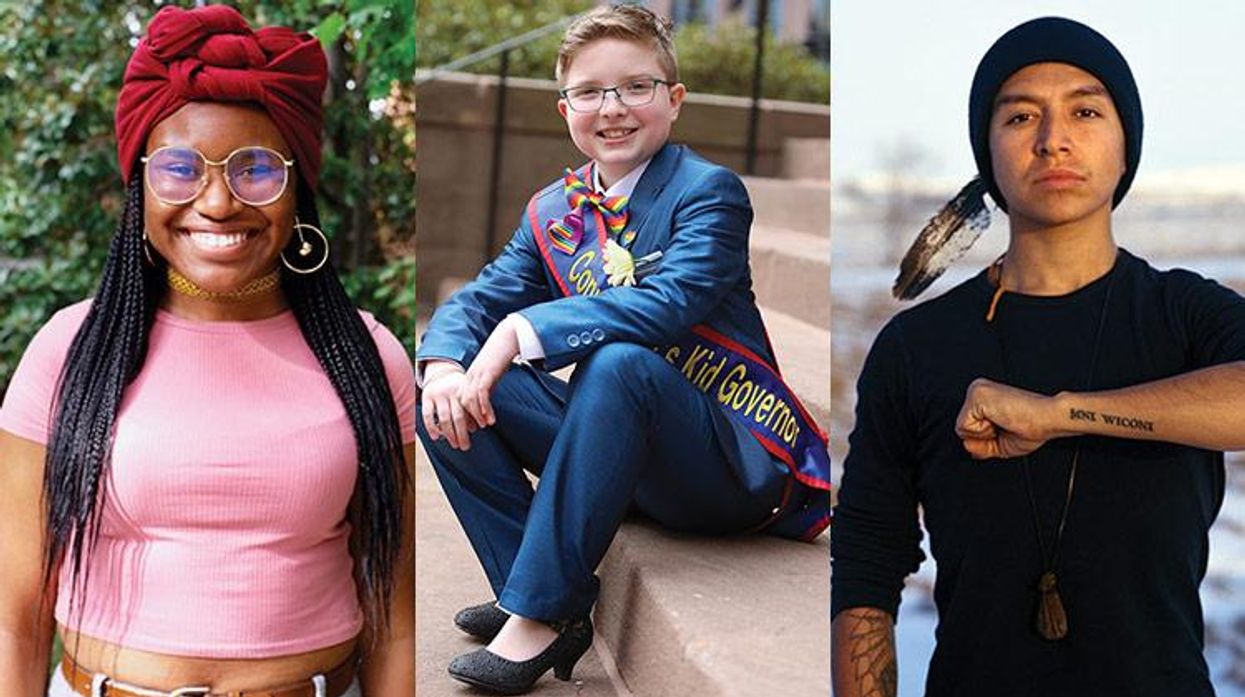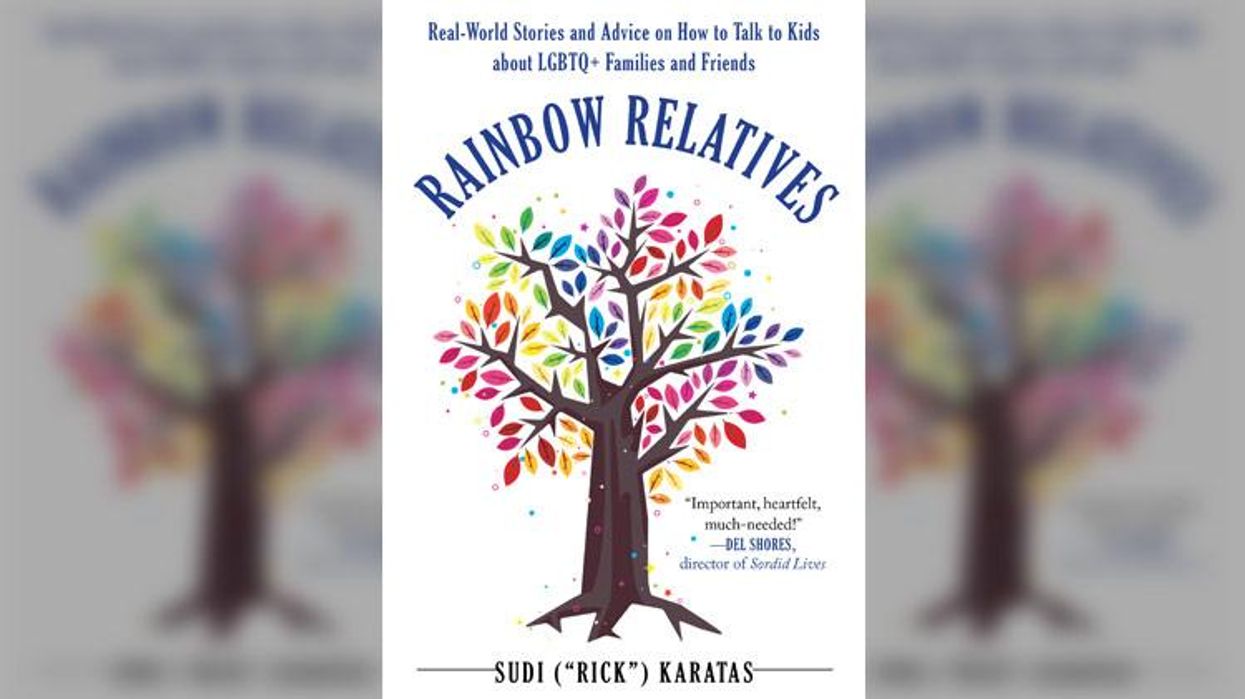If the lowest point in Mayor Michael Bloomberg's LGBT record was his administration's appeal of a 2005 court ruling that it was unconstitutional for New York City to deny marriage licenses to same-sex couples, the high point was his May 2011 speech imploring Empire State lawmakers to legalize that very same right.
The former resulted in a disastrous, almost inconceivable ruling from a usually forward-thinking New York State Court of Appeals that denied same-sex couples the right to marry because they couldn't conceive children from "casual, even momentary intimate relationships" the way heterosexual couples could.
During the latter episode, the mayor, not known for his rhetorical flourishes or heartfelt pronouncements, made arguably one of his most powerful cases for the guiding principle that freedom makes this nation both the greatest and strongest country of our time.
"In our city, there is no shame in being true to yourself, there is only pride. We take you as you are -- and we let you be who you wish to be," he told a crowd of 200 at The Cooper Union college in the East Village, in what many deemed a critical turning point for New York's successful marriage effort. "That is what makes us a safe haven for people of every background and orientation and a magnet for talented and creative people. It's the reason we are the economic engine for the country and the greatest city in the world, but it is up to us to keep it that way."
Like so many things in life, where you stand on Bloomberg's contribution to the LGBT movement depends on where you sit. Those who championed the 2011 marriage equality push consider him a hero for helping persuade state Senate Republicans to listen to their better angels. Those who work on issues of poverty and homelessness, which disproportionately affect LGBT youth, dismiss him as an impervious economic elitist who has largely turned a blind eye to New York's record homeless population and an inadequate shelter system.
And then there's the somewhere in between.
While his public health department made free "NYC" condoms a ubiquitous staple in gay bars across the city starting in 2007, its effort to stem HIV infections have largely missed the mark with the newest generation of men who have sex with men. While overall infection rates fell citywide between 2001 and 2010, they increased steadily for MSM under 30, with young men of color accounting for 80% of new HIV diagnoses according to the city's department of health.
"He failed an entire generation of young black and Latino men who are at high risk," says Janet Weinberg, interim executive director of Gay Men's Health Crisis.
Bloomberg also showed early promise on transgender issues.
"In 2002, he signed our trans civil rights bill in New York City -- it was one of the first things he did as mayor," says Melissa Sklarz, trans activist and president of the Stonewall Democratic Club of New York City, of the moment when gender identity joined the city's ranks of
protected classes. Sklarz had worked on adding trans protection to the city ordinance for years under Mayor Rudolph Giuliani, to no avail.
But later, Bloomberg faltered on other trans advancements like overhauling gender guidelines on birth certificates. Eleven long years later, like so many other New Yorkers, Sklarz has Bloomberg fatigue.
"He does not seem to be fond of the political process -- he likes things done his way," she says. "I'm not happy, as a Democrat. I look forward to new political leadership next year."
But one important thing to remember about Bloomberg's legacy is that it's not going to end in New York any more than he'll stop making headlines after he leaves office in 2014.
While some New Yorkers are tired of what has sometimes seemed like autocratic rule -- no smoking in bars and
eateries, calorie counts on every menu, and no supersized sodas -- people across the country are just beginning to get a taste of his aspirations. And some of his interest areas are distinctly progressive, including immigration reform, reproductive rights, gun control, and marriage equality.
In particular, Bloomberg pledged a $500,000 match last year to the four successful marriage equality efforts in Maine, Maryland, Minnesota, and Washington. He also poured over $13 million into outside groups last cycle, much of which was focused on gun control candidates and campaigns. As many political observers noted, 2012 was likely just a wee glimpse of the future.
When Bloomberg surrenders his mayoral title, he will leave behind his administration's record on the way to building a legacy of potentially global scope through the contributions of his foundation and political giving. With a net worth of $27 billion, it's a good bet his impact will reach far beyond the great city of New York. And love him or hate him, having him on the side of marriage equality and LGBT rights, more generally, could be worth its weight in gold.















Charlie Kirk DID say stoning gay people was the 'perfect law' — and these other heinous quotes
These are some of his worst comments about LGBTQ+ people made by Charlie Kirk.